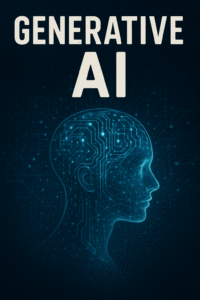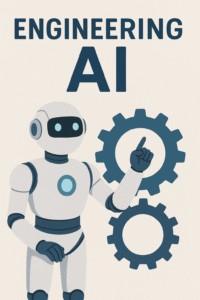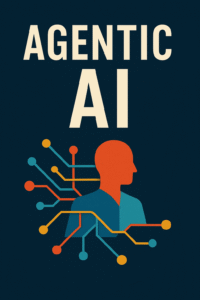In the 21st century, data has emerged as an immensely valuable resource, often being called the “new oil.” Just as oil was the essential fuel that powered the 20th century economy, data is the metaphorical crude oil that is driving innovation and economic growth today. However, data on its own has limited utility – it needs to be extracted, refined, and processed to unlock its true value. This is where computing comes in, acting as the refinery that transforms raw data into a valuable product.
The Importance of Computing Power
Computing power refers to the ability to process, analyze, and extract insights from vast amounts of data. It encompasses hardware capabilities like processing power and storage capacity, as well as software tools like algorithms, machine learning models, and data visualization techniques. Just as oil refineries convert crude oil into usable products like gasoline and plastics, computing infrastructure and tools refine raw data into actionable information that can drive business decisions, power artificial intelligence applications, and enable scientific discoveries.
The exponential growth of data generation, driven by the proliferation of digital devices, the internet of things, and the rise of big data, has led to an insatiable demand for computing power. Organizations across industries are investing heavily in building robust computing infrastructures, from high-performance computing clusters to cloud-based platforms, to harness the potential of their data assets.
Enabling Digital Transformation
The ability to effectively process and analyze data is a key enabler of digital transformation, which is fundamentally reshaping industries and business models. Companies that can leverage computing power to extract insights from their data have a significant competitive advantage. They can optimize operations, personalize products and services, identify new market opportunities, and make data-driven decisions that drive growth and profitability.
Computing power is also fueling the development of cutting-edge technologies like artificial intelligence (AI) and machine learning (ML). These technologies rely on massive computing resources to train complex models on vast datasets, enabling breakthroughs in areas such as computer vision, natural language processing, and predictive analytics.
The Race for Computing Supremacy
Just as nations once competed for control over oil reserves, there is now a global race for computing supremacy. Countries and corporations are investing billions of dollars in developing advanced computing capabilities, from specialized hardware like graphics processing units (GPUs) and tensor processing units (TPUs) to quantum computing research. The ability to harness computing power at scale is seen as a strategic advantage in fields like scientific research, national security, and economic competitiveness.
However, the insatiable demand for computing power also raises concerns about energy consumption and environmental sustainability. Data centers and high-performance computing facilities consume massive amounts of electricity, contributing to greenhouse gas emissions and straining energy grids. As a result, there is a growing emphasis on developing more energy-efficient computing technologies and leveraging renewable energy sources to power these compute-intensive operations.
Conclusion
In the data-driven economy of the 21st century, computing power has emerged as the new oil – a precious resource that must be harnessed and refined to unlock the full potential of data assets. Organizations and nations that can effectively leverage computing capabilities will gain a significant competitive advantage, driving innovation, economic growth, and technological breakthroughs. However, this pursuit of computing supremacy must be balanced with considerations of energy efficiency and environmental sustainability to ensure a sustainable future










